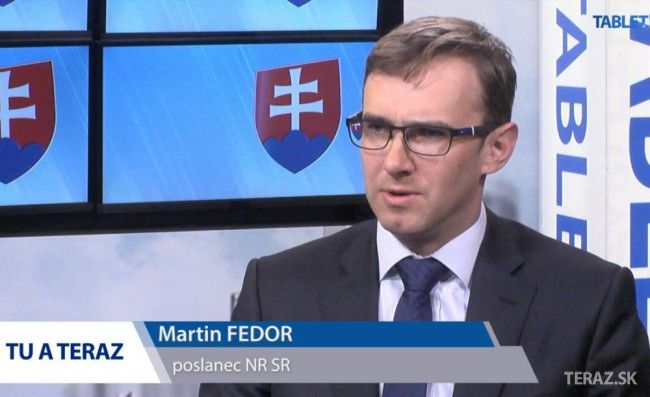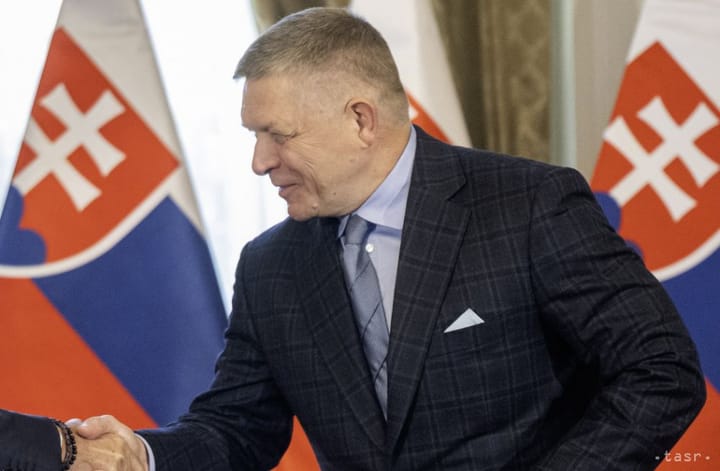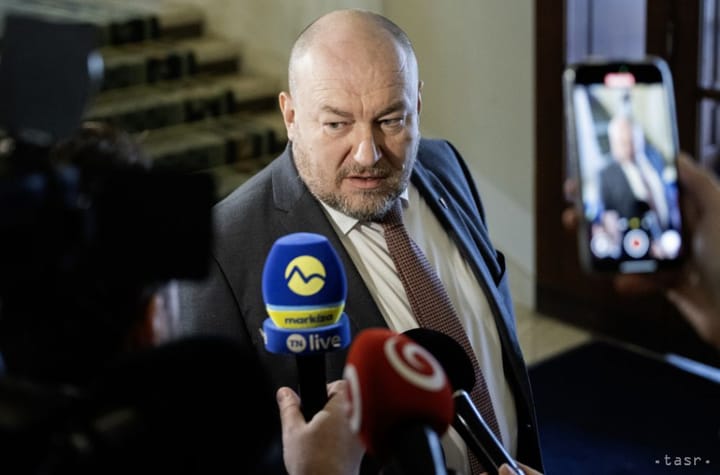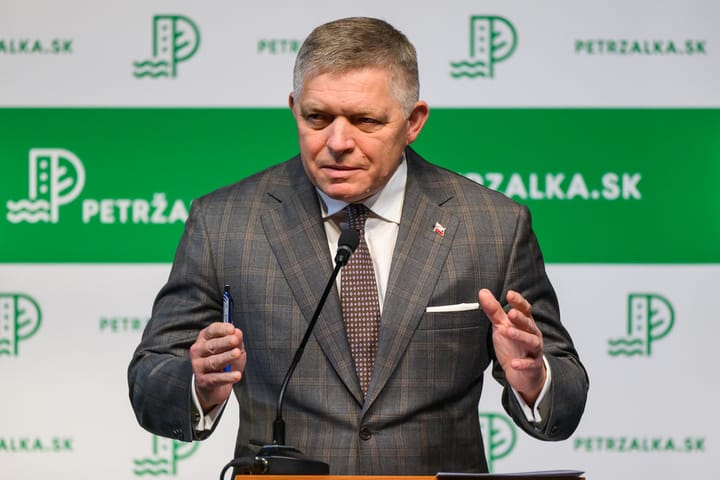Fedor: Security Environment Now Most Unstable in Decades

Bratislava, May 26 (TASR) – The security environment that Slovakia is in hasn’t been so unstable in decades, and this doesn’t concern only relatively far-off conflicts such as those in Syria and northern Iraq, but also the one in Ukraine and the situation in the Balkans, governing coalition Most-Hid MP Martin Fedor (Most-Hid) told TABLET.TV on Friday.
“That the security environment has changed is a reality. Things are happening that aren’t good, and we must be ready. This is what our initiative was geared towards, and we sought the political will in Parliament to support the Government in planning higher military spending,” said Fedor, who was defence minister between February-July 2006.
Fedor along with Smer-SD MP and fellow former defence minister Martin Glvac (2012-16) authored a declaration on the need to support Slovakia’s defence that 126 MPs in the House approved on May 16. Among other things, the Slovak Parliament in the document pledges its readiness to increase the country’s budgetary expenditures towards defence so that they’ll reach 1.6 percent of Slovakia’s GDP by 2020.
The document also envisages support for plans to upgrade and develop Slovakia’s defence system and armed forces. Parliament also extended a request to the Government for regular consultations on plans to upgrade the armed forces.
Turning to the current plan to spend €1.2 billion on armoured military equipment by 2029, Fedor said that such plans were in the works as far back as his stint at the ministry. “I remember this project; it was planned to be realised in 2010. Such armoured vehicles are a proper part of the armed forces,” he said.
That said, what matters is the way in which the purchases will be made. “There are two main underlying themes in Europe that crop up in defence investments – greater collaboration and coordination between [EU] member states,” said Fedor. That countries follow their own paths in this regard is a weakness in Europe’s defence sector.
“Through its institutions, NATO allows for joint purchases, which work to reduce unit price. European Union tools also facilitate joint purchases of military equipment,” he added.
“Not a single EU member can be a global player on its own, but the EU as a whole can. The expenditures of EU countries that are also NATO members are €250 billion annually. This would be enough to put us among global players such as the USA, China and Russia. But we’re too diversified in expenditures, too divided and ineffectual. We can’t always find common political ground,” said Fedor.



